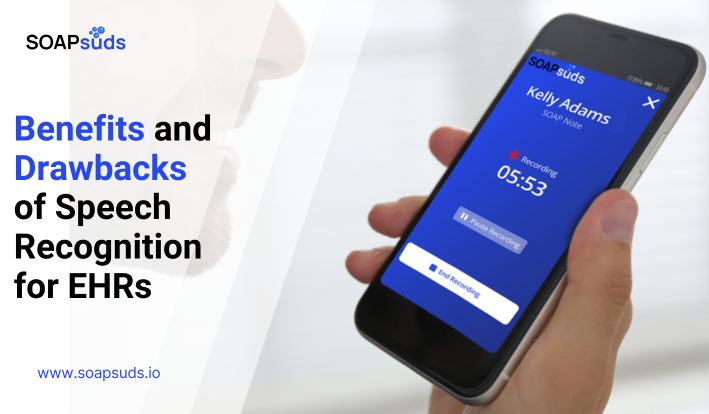The Rise of AI Medical Scribes: Choosing the Right Solution for Specialty Care
SOAPsuds team
Published: 2/12/2025
SOAPsuds team
Published: 2/12/2025

What is causing doctors to turn to voice automation? Can AI really help in value...

In recent years, speech recognition technology has made significant improvements in terms of performance,

AI-powered scribes are transforming the way healthcare documentation is managed, significantly reducing the time...

Healthcare faces a significant gender equity challenge, as women working in the field often...

Being a therapist or counselor is a rewarding yet emotionally taxing profession. Every day...

Home health executives are working under intense pressure: higher medical needs, fewer available staff, more
Clinical Notes
SOAP notes
DAP notes
AI medical notes